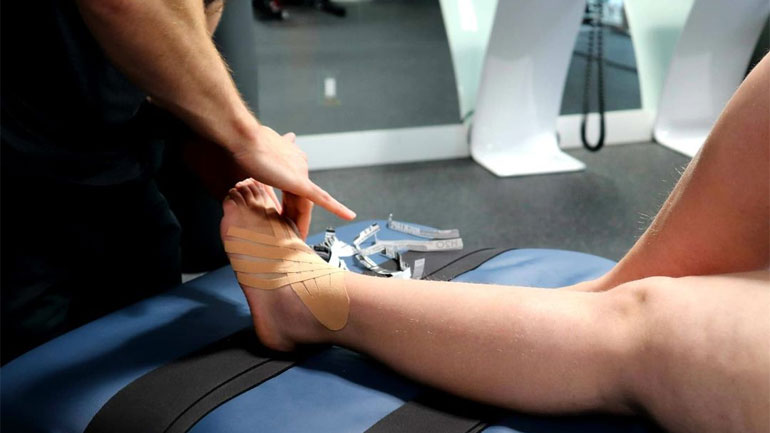
Getting the news that you are pregnant could be one of the happiest moments in your life, especially if you’ve always wanted a baby. It is the most beautiful experience and always happy feels. But as we all know how terrible a pandemic or lockdown time. It becomes a more worrying time for a pregnant lady. Too much worry can affect both your and your baby’s health. It’s vital that you familiarize yourself with what pregnancy looks like during a pandemic. Here is what you should know.
Understand the risk
For starters, it’s important that you know that your chances of getting COVID-19 during pregnancy are no higher than for anyone else. Pregnant people are put in the moderate risk group simply as a precaution because they might be at a higher risk from viruses like the flu. While it’s still not clear if the same happens with COVID-19, this approach is much safer. You should still understand that an infection might lead to your baby being born early while there are also low chances of stillbirth. On the other hand, there is no evidence to suggest that COVID-19 can cause a miscarriage or affect the way your baby develops. With all that in mind, it’s essential that you follow general guidelines for future parents and consult with your doctor if you have any questions.
Making appointments
Despite the situation, you are still expected to get checked out regularly. However, it’s vital that you look into the rules you need to comply with in order to enter your local hospital. For instance, you might have to provide proof of a recent negative COVID-19 test. Then, you might be asked to wear a mask or gown when entering the clinic. Furthermore, keep in mind that some appointments will be rescheduled or canceled due to the situation and some might be held online or over the phone. In addition, if you’re unsure whether your partner can come along, it’s best to check with your midwife or physician.
Getting the vaccine
When it comes to the vaccine, you might still be on the fence about it. Many people believe that it can have a negative effect on their fertility levels or cross the placenta and affect the baby’s DNA. These claims are simply not true and it’s crucial that all people that are pregnant or plan to become pregnant know that the experts deem the COVID-19 vaccine safe for both them and the baby. While the data is still limited, the Moderna and Pfizer/BioNTech vaccines are preferable solely because they have been used the most widely and no safety concerns have been reported. Additionally, other vaccines might also be used after a consultation with your physician. What is more, even breastfeeding is allowed before and after vaccination. The above-listed vaccines don’t contain a live virus, meaning that they won’t put the baby at risk. Plus, there are suggestions that the breastmilk might pass down some antibodies that will protect the babies against COVID-19 but still no concrete proof to support this theory.
Showing symptoms
If you start showing symptoms of COVID-19 such as a high temperature, a new cough, or a loss of taste or smell, it’s important to act on time. The first thing you want to do is book a test to determine if you have COVID-19. Everyone you live with and have been in contact with should also get tested. Until you get your results, make sure to self-isolate and stay at home. In case you test positive, speak to your physician and midwife. Determine how you will proceed and when your next appointment will happen.
Giving birth
You also need to familiarize yourself with the process of giving birth in these conditions. First of all, consult with your midwife to decide where you will be giving birth. You can do it at home or in a hospital but keep in mind that it’s recommended to have a doctor present if you’ve had any complications during pregnancy. As you probably want your partner present to both witness the birth and give you more strength, you need to see what limits are in place. In case they catch COVID-19, you’ll be glad to have a backup birth partner.
From avoiding close contact with people to regularly washing your hands, there are many ways how you can avoid getting COVID-19. They also apply to pregnant people so don’t overlook them.




